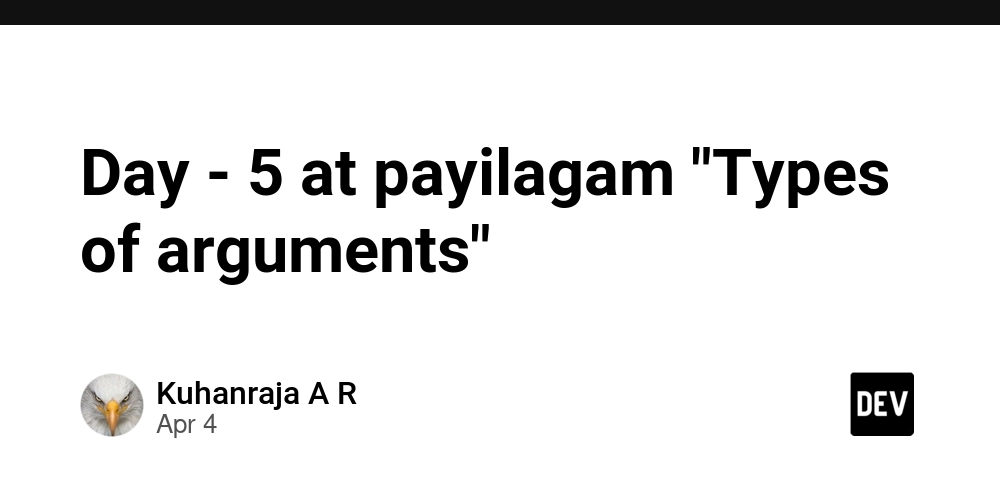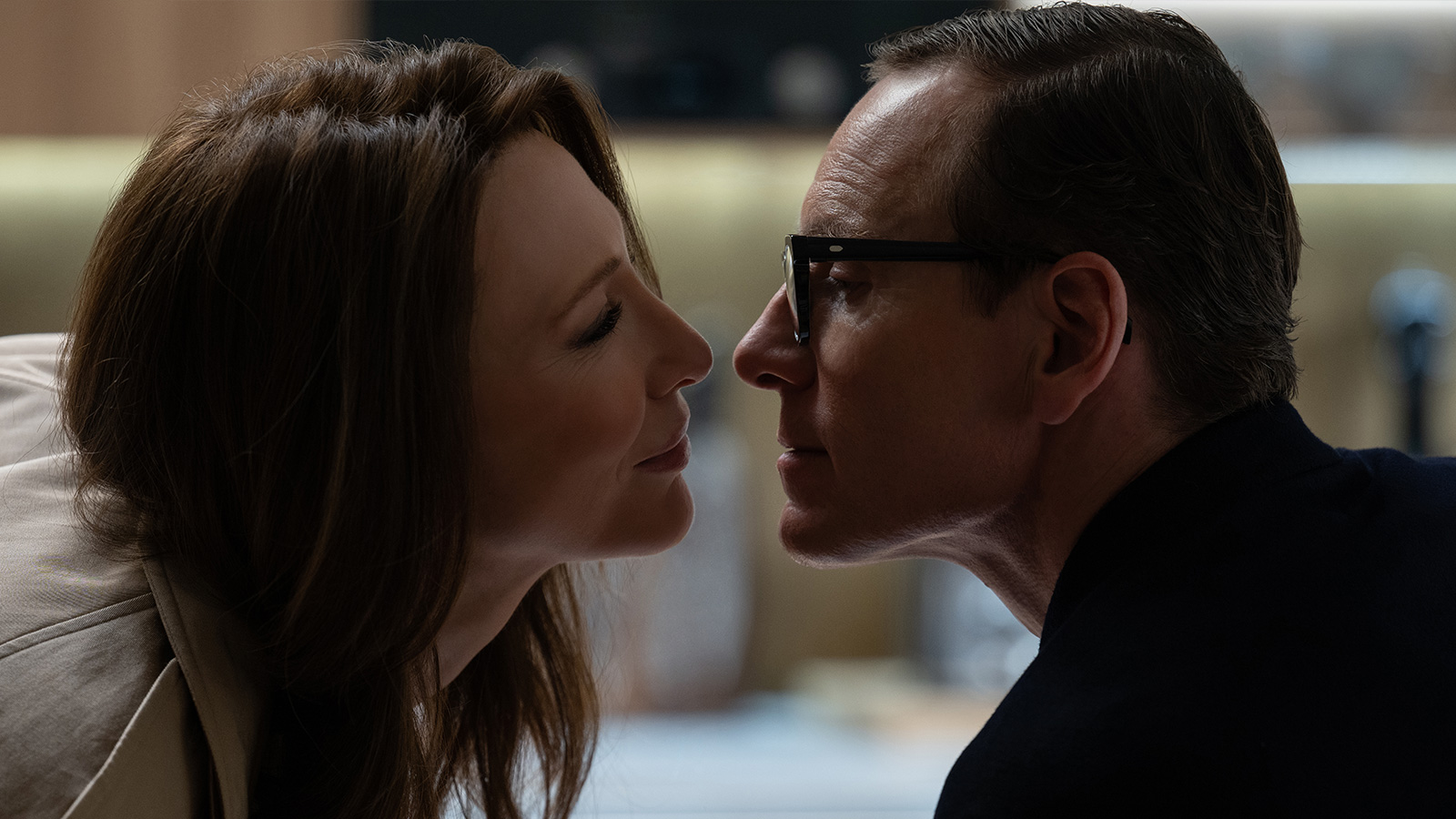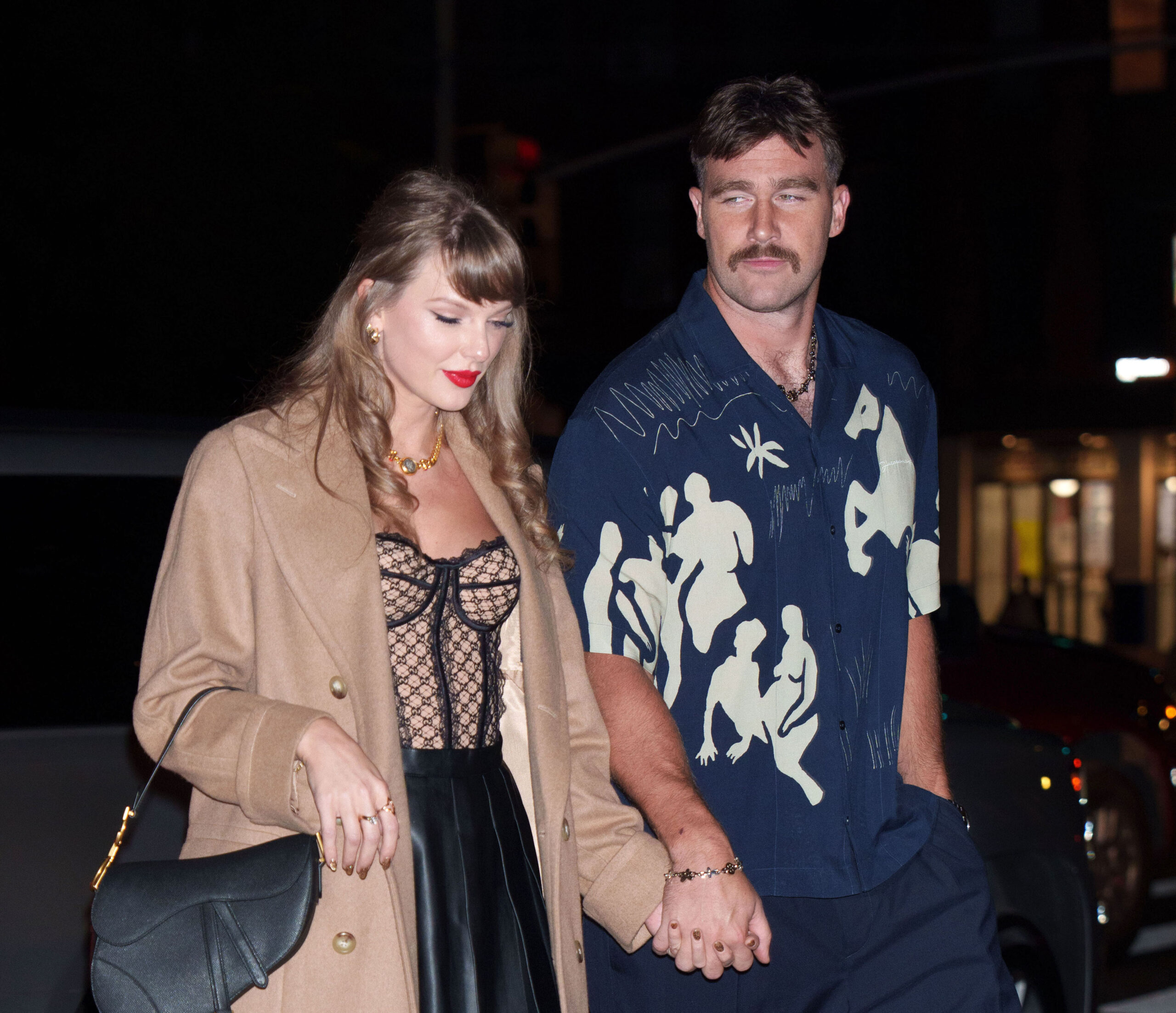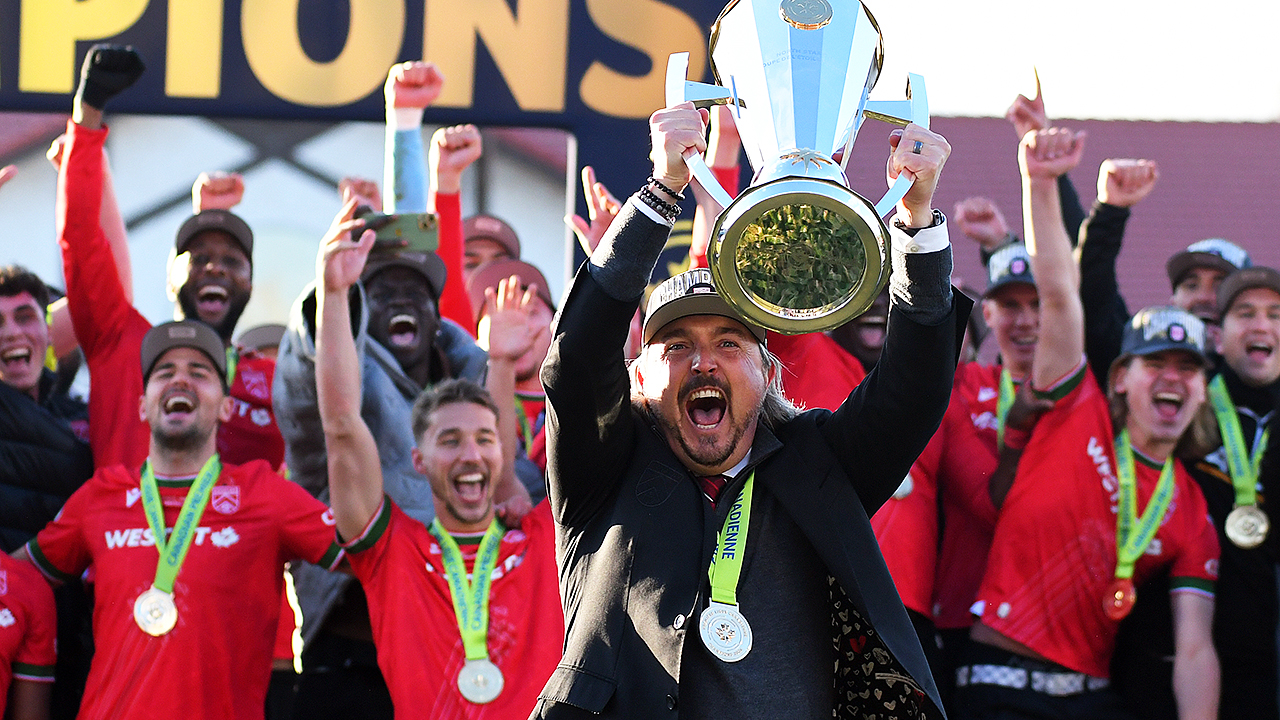Pamela Paul leaves the NYT
Several months ago I reported, based on articles from sources like New York Magazine, that Pamala Paul, heterodox New York Times columnist was leaving the paper’s op-ed section, and the paper altogether. I was upset to hear that, for although she didn’t toe the paper’s “progressive” line, her columns were thoughtful and liberal. Here’s the … Continue reading Pamela Paul leaves the NYT

Several months ago I reported, based on articles from sources like New York Magazine, that Pamala Paul, heterodox New York Times columnist was leaving the paper’s op-ed section, and the paper altogether. I was upset to hear that, for although she didn’t toe the paper’s “progressive” line, her columns were thoughtful and liberal. Here’s the New York Magazine article (click headline to read):
The article was a bit ambiguous, as it implied that Paul’s ideas, which ran contrary to the NYT’s progressive op-ed column, were the cause of her getting the pink slip. But the NYT also denied that. From the piece above:
Paul is admired by some of her colleagues for her willingness to buck liberal-left conventional wisdom. She has written a defense of J.K. Rowling and scrutinized the MeToo movement for overreach, while a recent column criticized the American Historical Society’s vote to condemn the ongoing “scholasticide” in Gaza. But others have said she does little more than produce rage bait, with what one Times staffer referred to as “intellectually lazy” positions. “It is a rarity inside the Times for someone to manage to make enemies on every desk they touch; Pamela is indeed a rarity,” one newsroom employee said. “She should have spent time making allies if she was going to be as divisive a figure as she was internally. But she didn’t put the time in there, or at least did not have the interest.”
I’m told, however, that Opinion’s decision to part ways with her is not because of her ideological positions. [Opinion editor Kathleen] Kingsbury said, “We don’t discuss personnel matters, but any insinuation I make staffing or editorial decisions based solely on political viewpoints is false.”
It’s really offensive to ask a heterodox columnist to suck up to her colleagues so they wouldn’t criticize her pieces. But that’s how the NYT rolls, and it’s the reason why Bari Weiss, among others, also left the paper. And note the weasel word “solely” in Kingsbury’s quote above.
For nine years (2013-2022), Paul was editor of the paper’s Book Review section, and then three years ago she moved to op-ed. I saw immediately that her columns were bucking the paper’s own ideology, and I believe I predicted (or at least worried) that she’d be fired for heterodoxy. Nevertheless, I discussed her pieces often (she was liberal and thoughtful but not “progressive”), and, when I heard her head was on the chopping block, I compiled a list of the columns that were likely to have irritated the top op-ed editors. Here’s a bunch of screenshots:
Despite the announcements by other venues, up to now Paul hasn’t said a word about her leaving, and her columns still appeared in the paper—though less often. Today, though, she verified the rumors by writing her farewell column, which you can read by clicking the headline below seeing it archived here. And it’s clear from what she writes that she parted ways with the paper over her ideology and determination to tell the truth as she saw it. The NYT doesn’t like the truth if it doesn’t comport with “progressivism”.
A few quotes from Paul’s piece (indented). They lead me to believe that yes, she’s leaving because of what she wrote about and said.
This is my final column for The Times.
In the memo I wrote three years ago when applying for this job after 11 years at The Times Book Review, I vowed “to write to Times readers rather than to Twitter or to Slack.” I knew my positions, fundamentally liberal but often at odds with what had become illiberal progressive dogma, would ruffle feathers. But as I explained, “I want to write about that vast center/liberal space and to address what people really think and believe but are often too afraid to say.”
. . . I wasn’t looking to be loved or even liked. I had friends and family for that. I wanted to write what I believed to be the truth, based on facts and guided by fairness, but never driven by fear.
She lists some topics that, I’m guessing, the NYT probably wasn’t keen on:
But the reporting I’m most proud of is when I used my voice to stand up for people whose lives or work had come under attack, whether they were public figures or were dragged into the public eye because they’d dared to speak or act in ways that unjustly elicited professional or social condemnation: A popular novelist ostracized for alleged “cultural appropriation.” A physician assistant who was excoriated on social media for standing up to bullies. A Palestinian writer whose appearance at a prominent book fair was canceled. An early beneficiary of affirmative action who dared to explore its unintended consequences. Vulnerable gay teenagers who described being misled by a politicized medical establishment into dubious gender transition treatments. A public university president who was driven away by a campus besieged with political division. Social work students and faculty undermined by a school that had betrayed its own principles. A public health expert who risked opprobrium from his peers by calling out his profession on groupthink.
And it seems to me that much of her piece is simply a disguised lecture to the paper, letting them know that, as Jack Nicholson said, “You can’t handle the truth!”
Several years ago, The Times ran a campaign with the tagline “The truth is hard.” The way I’ve interpreted this is that the truth may be hard for some people to hear, but the truth should never be hard for journalists to tell. In our efforts to shed light on difficult subjects or to question conventional wisdom, we should never refrain from speaking what we believe to be the truth. Not because we think others can’t handle it and certainly not because we cannot handle it ourselves.
Readers are smarter and more thoughtful than the news media sometimes gives them credit for. They don’t need our protection. When journalists hold back, readers can sense they aren’t getting the full story. This sows doubt and skepticism at a time when readers desperately need news they can trust.
At the end, she thanks the readers for their feedback, both good and bad, and expresses hope that her pieces led people to examine their own views. Here’s the sad last paragraph:
Though I am leaving The Times, I will not be leaving behind these principles in my work as a journalist. Readers depend on our telling the truth more than ever.
This is a brave woman, for she surely realized that her columns and their topics wouldn’t go down well with her editors. Nevertheless, she persisted. I wish her Ceiling-Cat-speed and hope she continues to publish her views at some other widely-read venue. Thanks, Ms. Paul, for your contributions.








































/https://tf-cmsv2-smithsonianmag-media.s3.amazonaws.com/filer_public/a6/73/a673143a-c068-4f51-a040-6d4f37d601c0/gettyimages-1124673966_web.jpg?#)









































